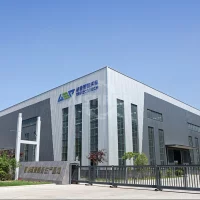Indonesia, as the largest economy in Southeast Asia and the fourth most populous country in the world, is facing the increasingly severe challenge of "garbage siege". With the acceleration of urbanization and the improvement of consumption levels, the amount of domestic waste generated in Indonesia has exploded, with an annual output exceeding 65 million tons. The huge amount of garbage not only puts enormous pressure on the ecological environment, but also becomes a bottleneck that restricts the sustainable development of cities.
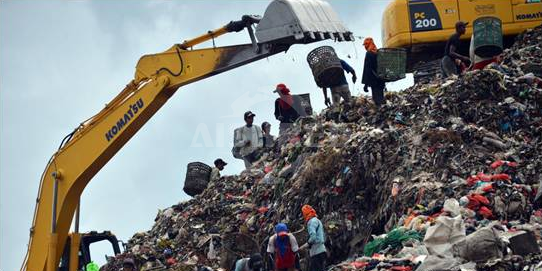
Currently, domestic waste in Indonesia is characterized by a large and continuously growing scale, complex composition with a high proportion of organic matter, and highly concentrated regional distribution. Organic waste (such as food residues) accounts for 54% -62% of household waste in Indonesia, becoming a key challenge in waste management; Next are plastics (14%), paper (9%), and other recyclable materials (metal, glass, etc.). Organic matter with high moisture content not only increases the difficulty of transportation and treatment, but also becomes the main source of methane emissions and environmental pollution from landfills. Java Island, as the economic center and densely populated area of Indonesia, contributes over 55% of the country's domestic waste, with an annual output of 2.2 million tons in Jakarta alone. This highly concentrated distribution feature not only exacerbates the processing pressure in local areas, but also creates conditions for the construction of centralized and large-scale processing facilities.
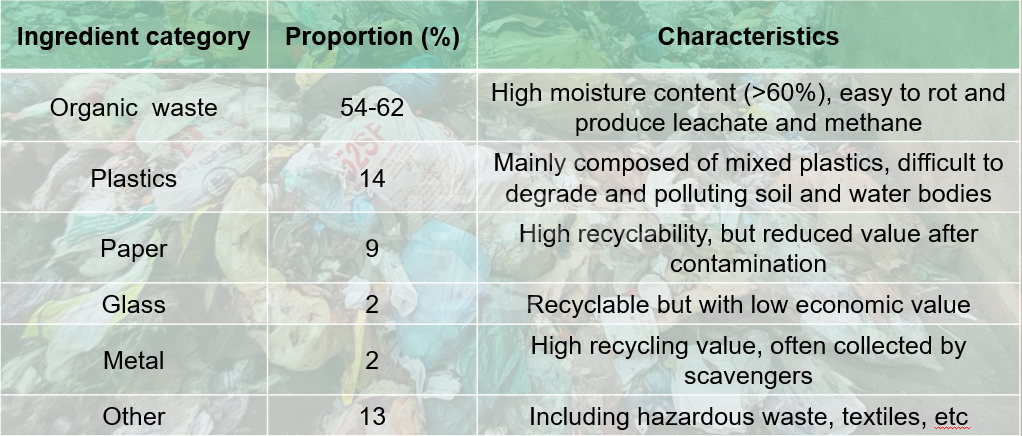
Opportunities always arise from difficulties. In recent years, the Indonesian government has attached great importance to the waste management industry, established an increasingly comprehensive policy framework for the industry, and actively promoted waste to energy conversion projects, creating broad space for industry development. At the same time, international capital and local enterprises are joining in, and a vibrant waste management ecosystem is taking shape.
At the same time, the comprehensive resource utilization and disposal process for household waste suitable for Indonesia's national conditions is gradually maturing: through multi-level sorting and disposal, kitchen waste is sorted out, composted or used for the breeding of insects such as black soldier flies and fly maggots, obtaining insects that can be used as high protein feed raw materials and insect manure that can be used as high-quality organic fertilizers; Sort out the non combustible metals and recycle them for reuse; Sort out its combustible waste, such as plastic, straw, waste paper, textiles, etc., chop and dry them, and finally compress them into solid fuel to produce high calorific value RDF fuel.
The next five years will be the golden period for the development of Indonesia's waste management industry. The continuous release of policy dividends, the gradual maturity of technological routes, and the increasing attention of capital require investors to accurately grasp the market window period and carefully choose reliable equipment suppliers.
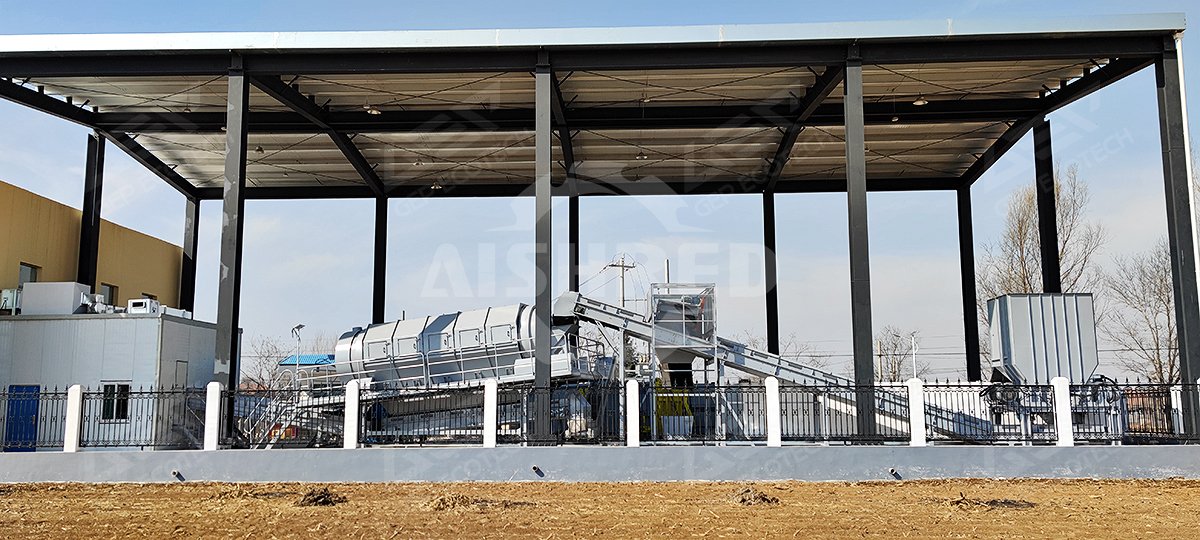
GEP ECOTECH provides global customers with closed-loop solutions and complete line equipment from waste to green energy through intelligent household waste disposal solutions. GEP's RDF production line deeply integrates intelligent sorting, efficient crushing, precise molding, and IoT control to ensure the stability of fuel quality and maximize energy conversion efficiency:
- Intelligent sorting system: Adopting a multi-stage sorting process of "magnetic separation + wind separation + drum screen", it effectively removes inert impurities such as metals, glass, and slag, achieving a combustible purity of over 95% and significantly improving the stability of RDF calorific value.
- Two stage crushing system: double-shaft shredder + single-shaft fine shredder accurately crushes materials to 30-50mm, meeting the optimal combustion size requirements of cement kilns and reducing heat loss coefficient.
- High pressure non bonded forming: Creating high-pressure forming technology that does not require the addition of chemical binders, the sorted combustibles are compressed into RDF-5 fuel rods with a density of 0.8-1.2g/cm ³, with a stable calorific value of 3500-5000 kcal/kg, equivalent to 0.8 tons of standard coal, and easy storage and transportation.
- GI intelligent control system: equipped with functions such as data collection, interlocking alarm, and report output, it can intuitively display the operation status of equipment, ensure the safety of equipment and personnel, and generate production, energy consumption and other reports as needed, providing strong support for scientific decision-making, achieving intelligent and precise management, and greatly improving operational efficiency and safety.
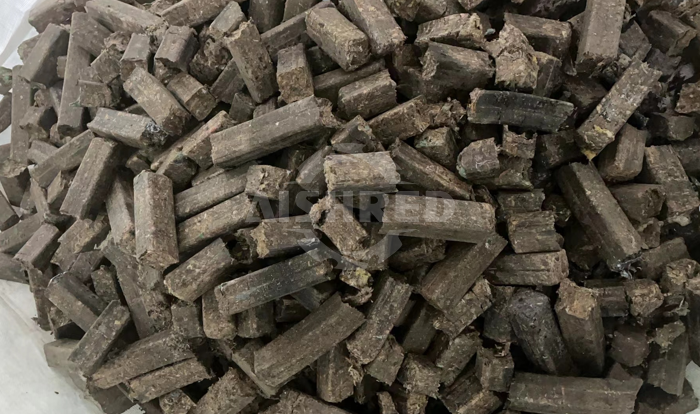
GEP ECOTECH is deeply involved in the field of solid waste resource utilization, with modular design, intelligent operation and maintenance, and global project experience as its core advantages, providing customers with RDF production line lifecycle services from planning, equipment selection to operational support. Our production line has passed CE and ISO international certifications and is suitable for various climatic environments such as tropical, desert, and high-altitude.

